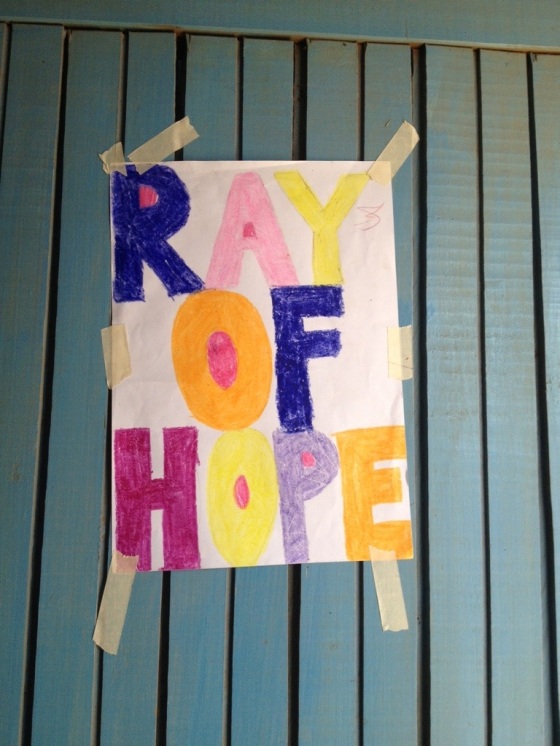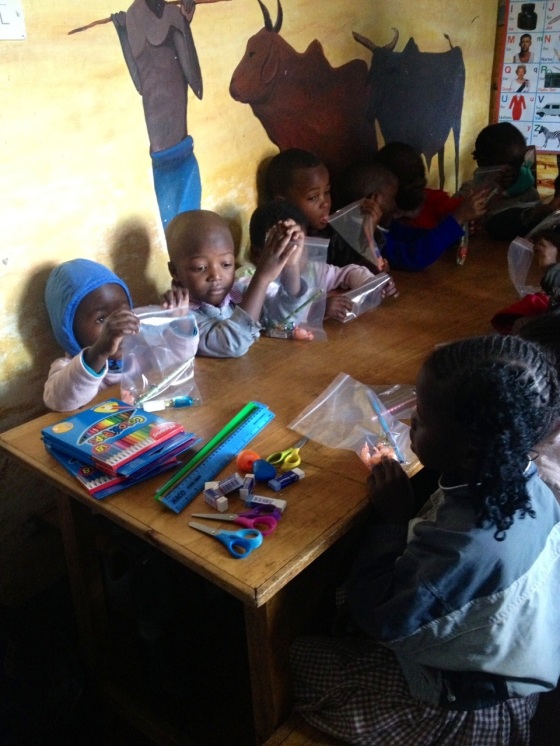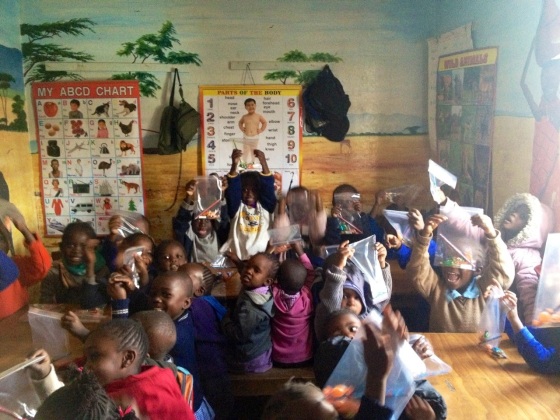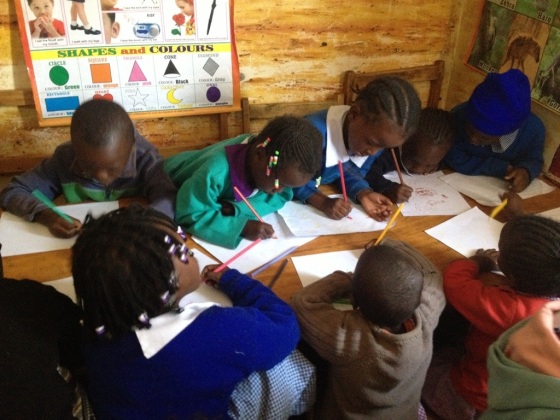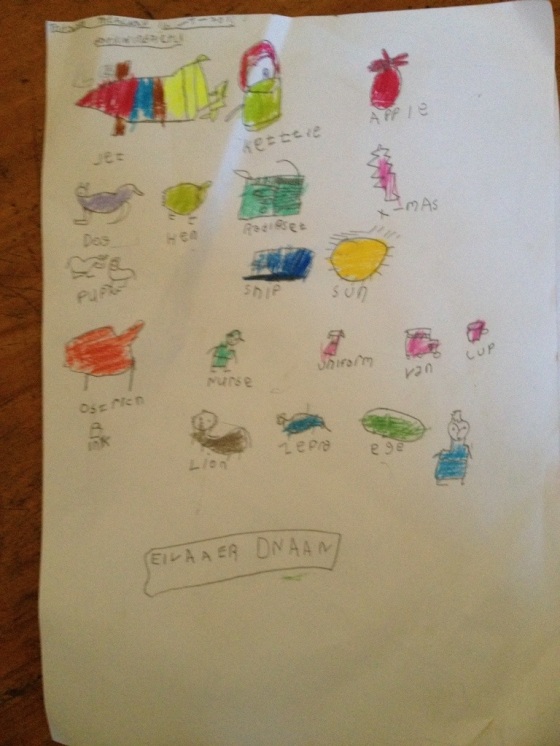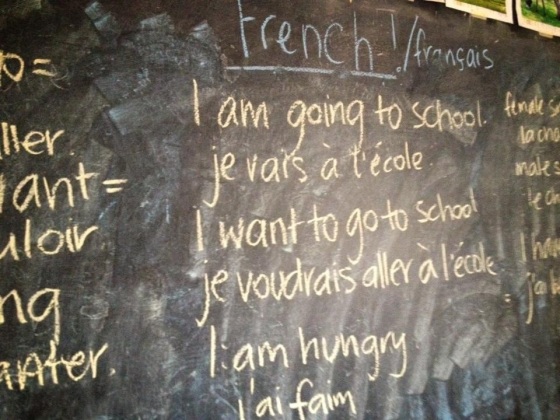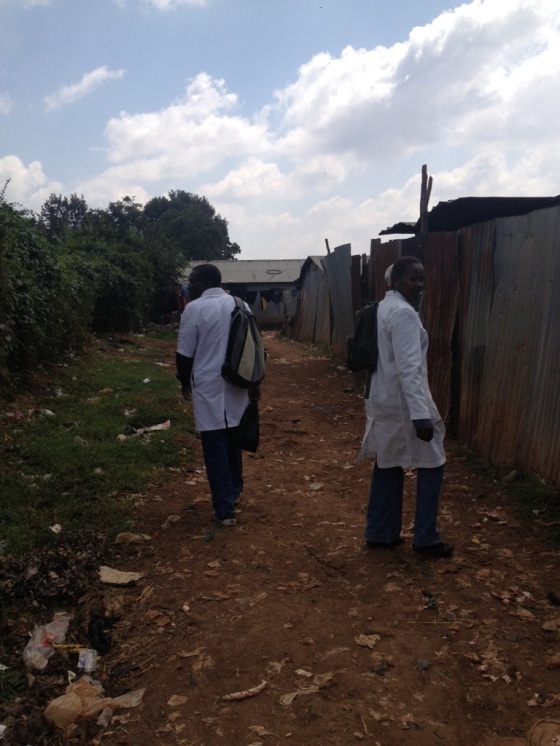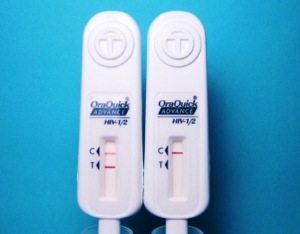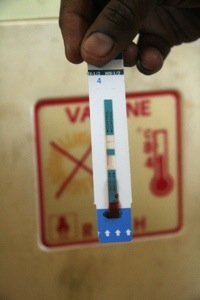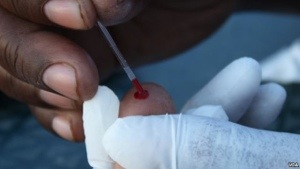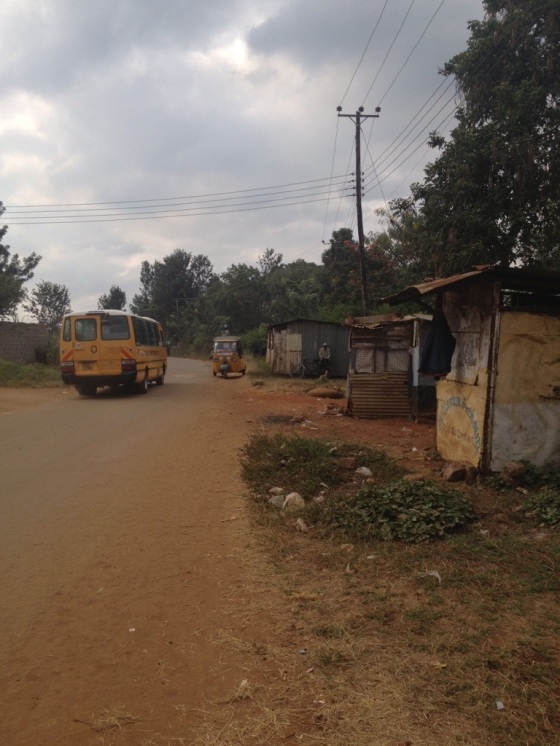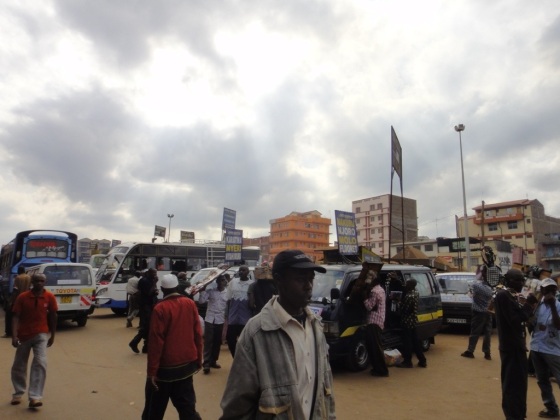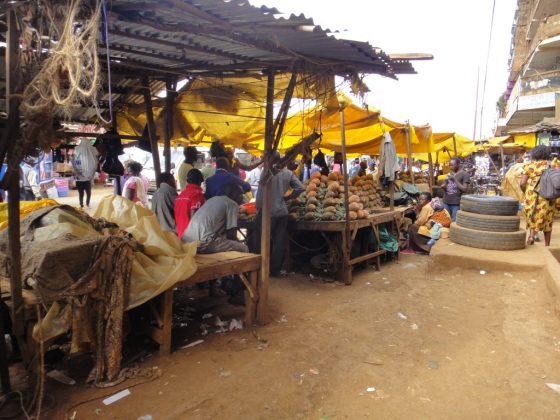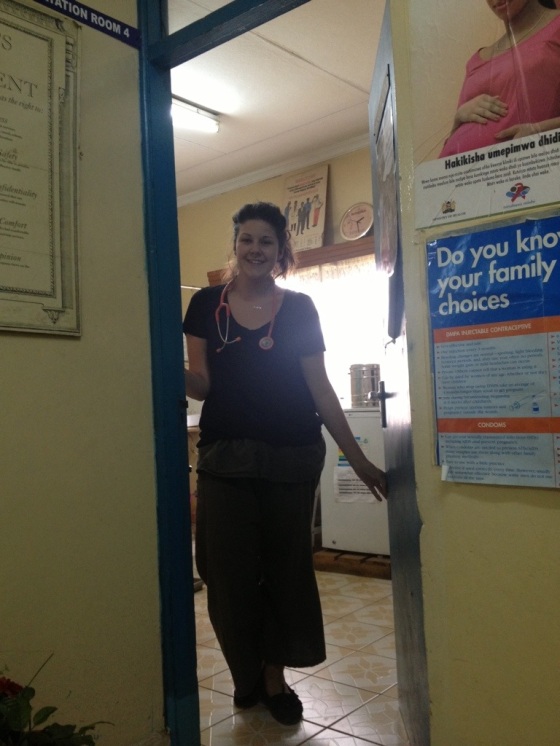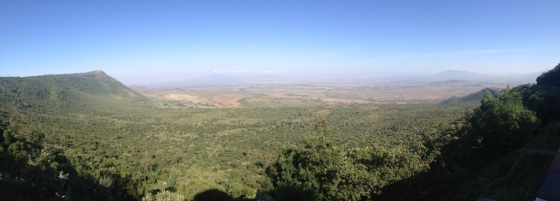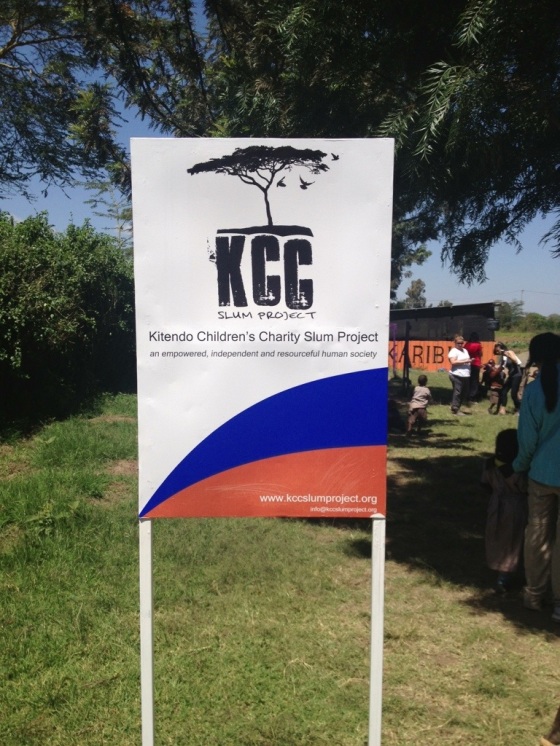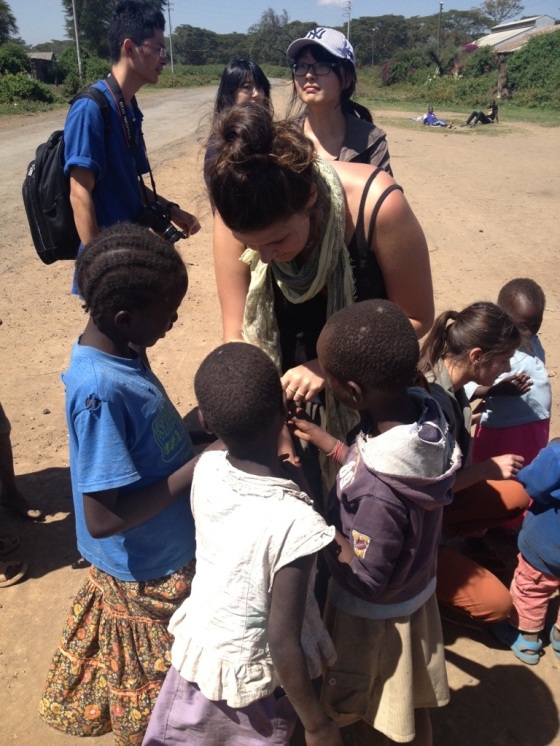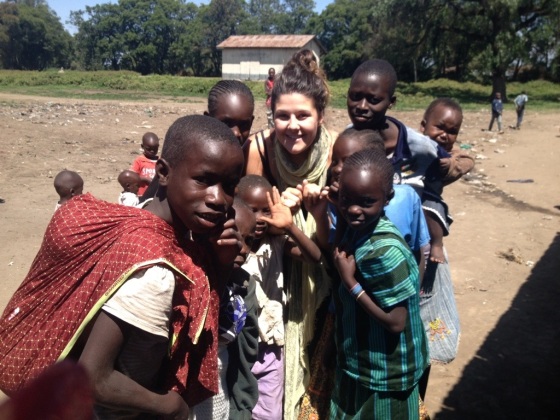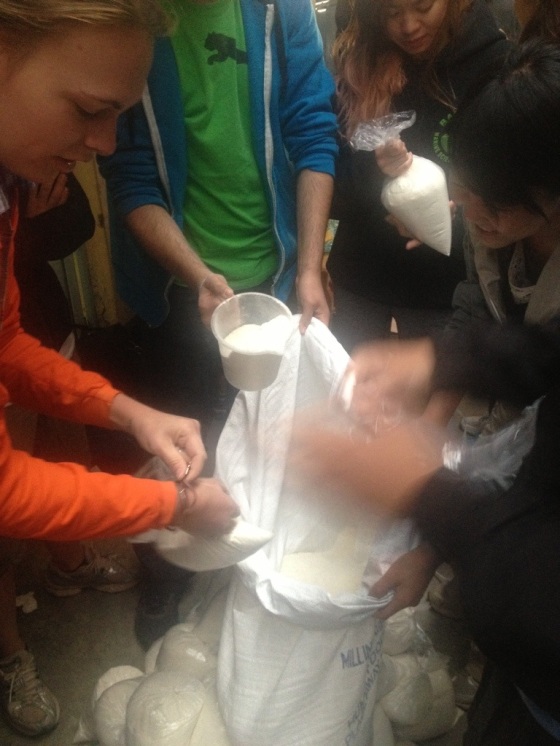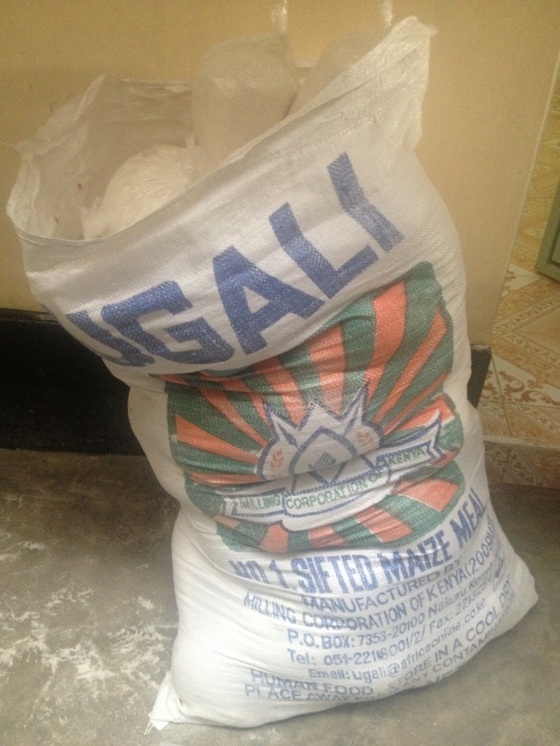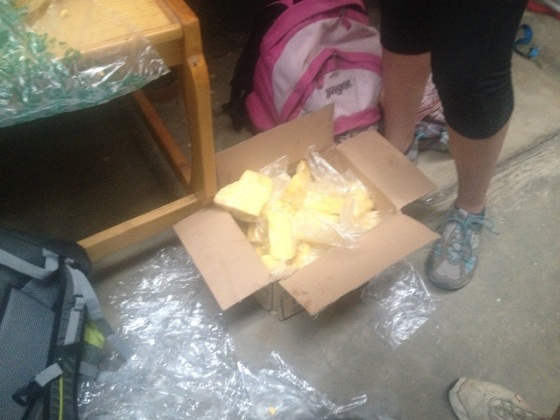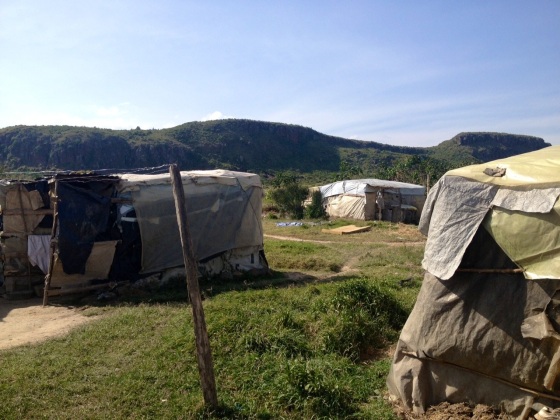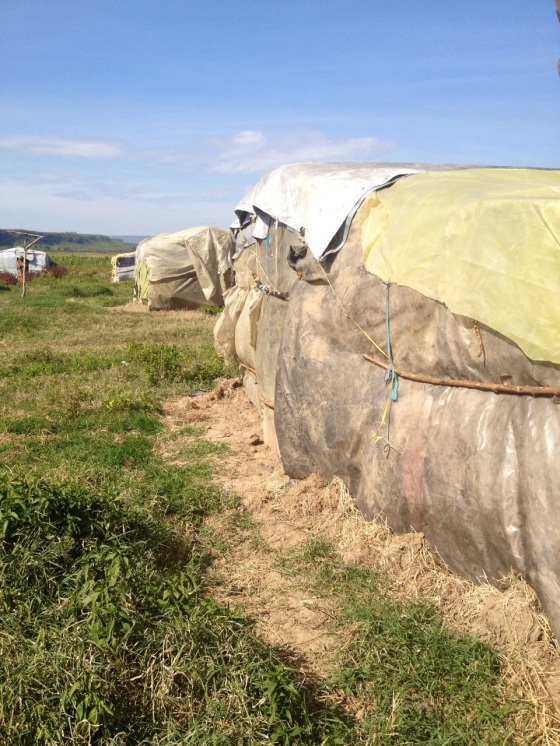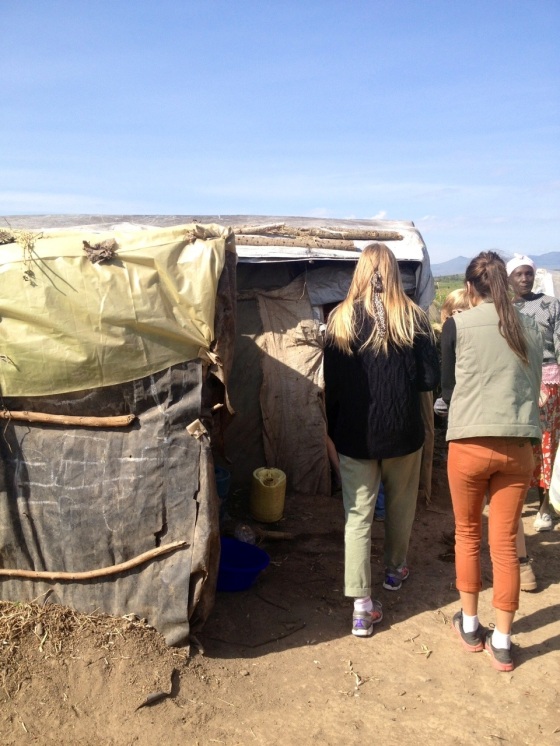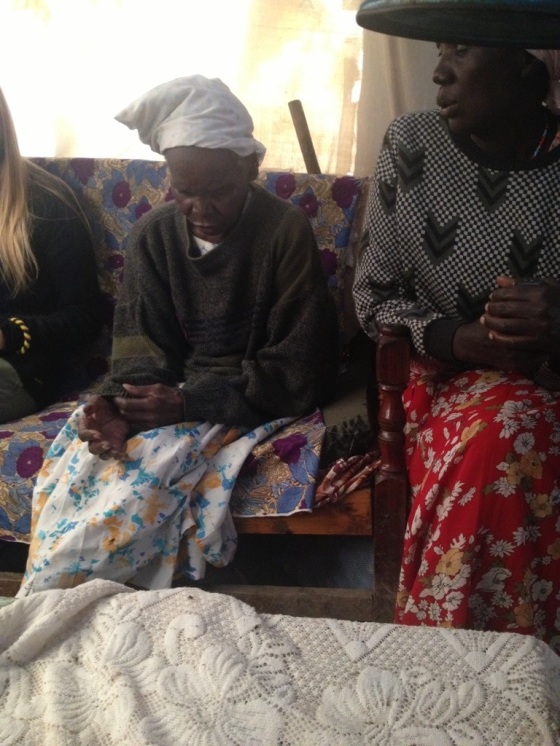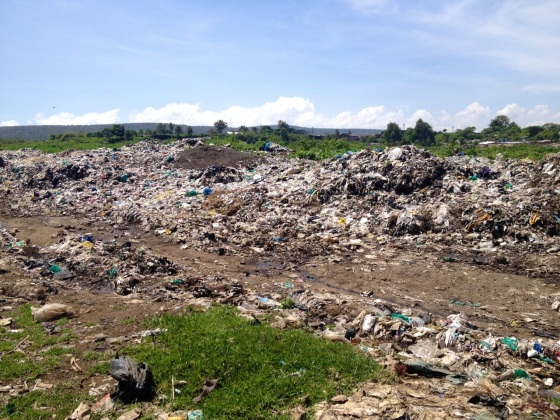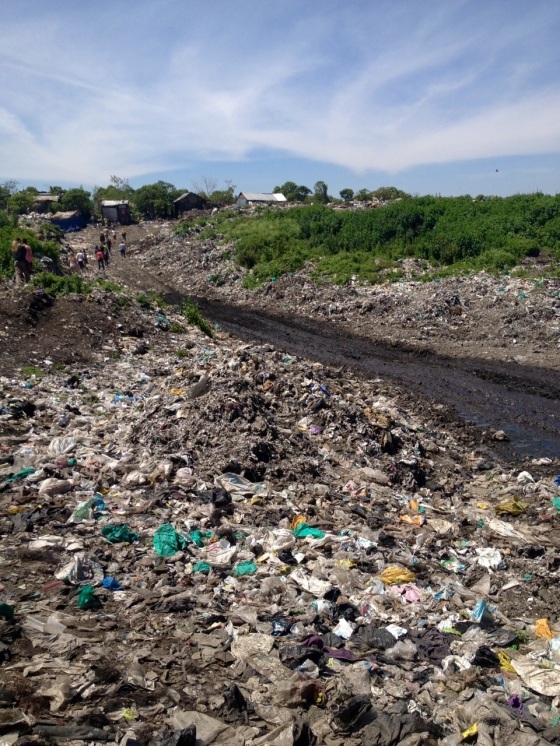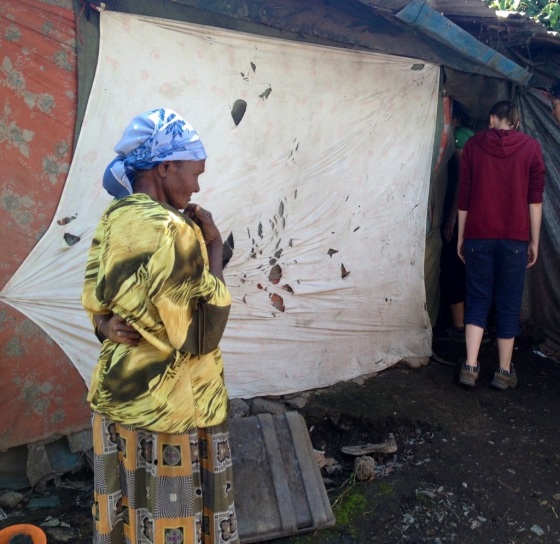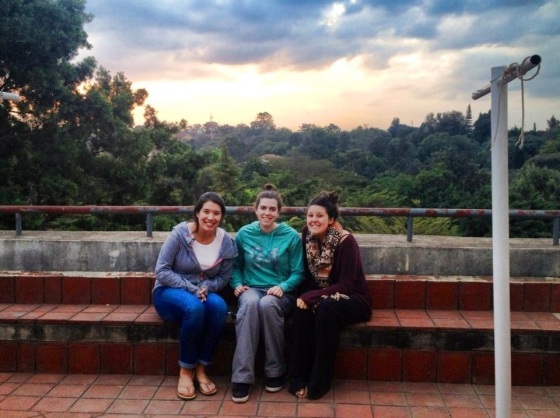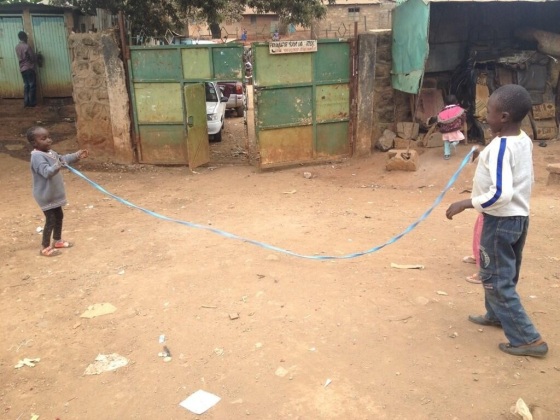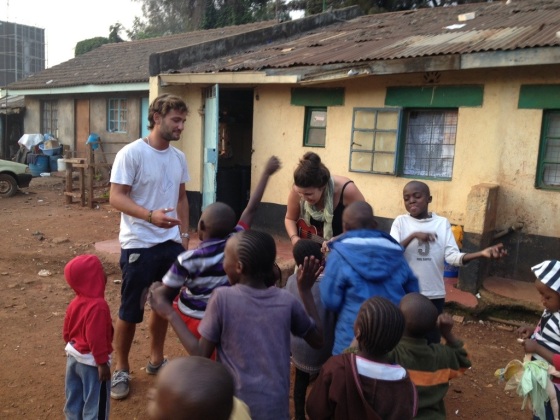reverse racism.
this blog post might sound a little negative, in fact maybe even a lot negative. I don’t want anyone to get the wrong idea, I am loving being in Africa; it’s just ticked over a whole month I’ve been here and I’ve already had some incredible experiences that I will never forget. but there are a few things that are really starting to piss me off. and I don’t even know if ‘reverse racism’ works as a phrase, but it’s what I’m sticking with..
1. being called mzungu by an adult
so I wrote a little while ago about how cute it was when I first arrived being called mzungu by people. I knew then that it means white person, but it’s taken me this long to be annoyed by it. it likely that I’m just being intolerant, but I’m sorry mr kenyan man, if you came to my country and I shouted at you “hey black man!” every time you walked down the street, I don’t think you’d like it either. it’s cute when kids do it because kids are cute, kids stare, kids know when people look different. kids also don’t know any better. but adults do.
2. being overcharged everything because I am a mzungu
seriously? lets just say you came to my country and I looked at the colour of your skin and decided because you’re black I could charge you double on public transport… would that be fair? no. I’d probably get fined some obscene amount, would prison even be an option? so don’t bloody try and charge me double what you charge native kenyans for a matatu (local bus) ride. arseholes. even the locals don’t agree with it, proof that there’s still some nice people left in the world.
3. being called “monkey queen” in swahili.
happened as I’m walking in the slums with kids from ray of hope school, here they live. what the fuck? you adults think its a good idea to degrade your own people by calling them monkeys and therefore that makes me the monkey queen? one of the older students who came walking with us translated it for me, telling me that the people saying it were trying to offend me. well mate, you did a pretty shit job but you managed to call your people monkeys – looks like eddie mcguire would fit in pretty well in kenya (aka obviously it’s not that big of a deal to call someone an ape)
4. purposely avoiding eye contact
I also posted a little while ago about how I never look at the ground when I walk, but since being in kenya I sort of have to as I never know what I’ll step on next. well I’m also doing it now because if you make eye contact with someone, you can get a lot more unwanted attention than necessary. they try to sell you stuff, try to bring you to their stall, try and push you into their matatu, just wanting your attention basically.
it all comes back to being a mzungu and being/looking different. I get that as a white person in a predominately black country, it is probably a little strange for the kenyans and often even a little exciting. but there’s ways to be excited about seeing people who look different than you without being racist. the kids I don’t even mind about, they are too young and innocent to know differently. but it’s the adults, the adults who have been educated and should know basic human decency.
I’ve never felt like more of a ‘minority’ since being in kenya, even with 100 other volunteers floating around nairobi.
let’s call this my two month travel-blues post.
but, you have to have the bad to appreciate the good. and there has been shitloads of good in africa (safari post coming up next!)

